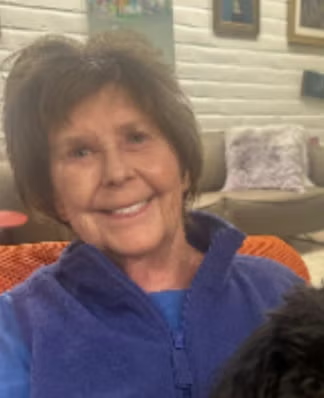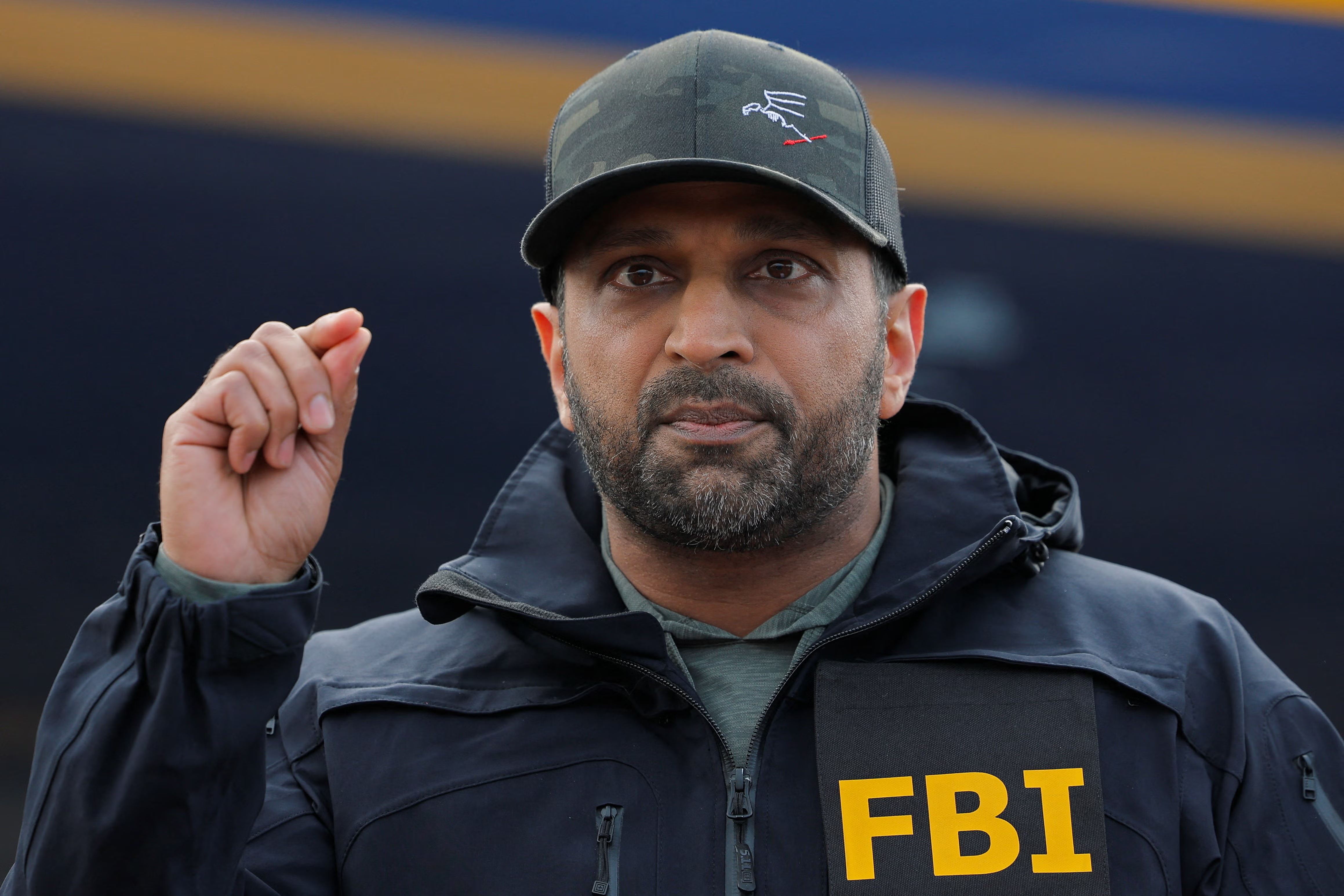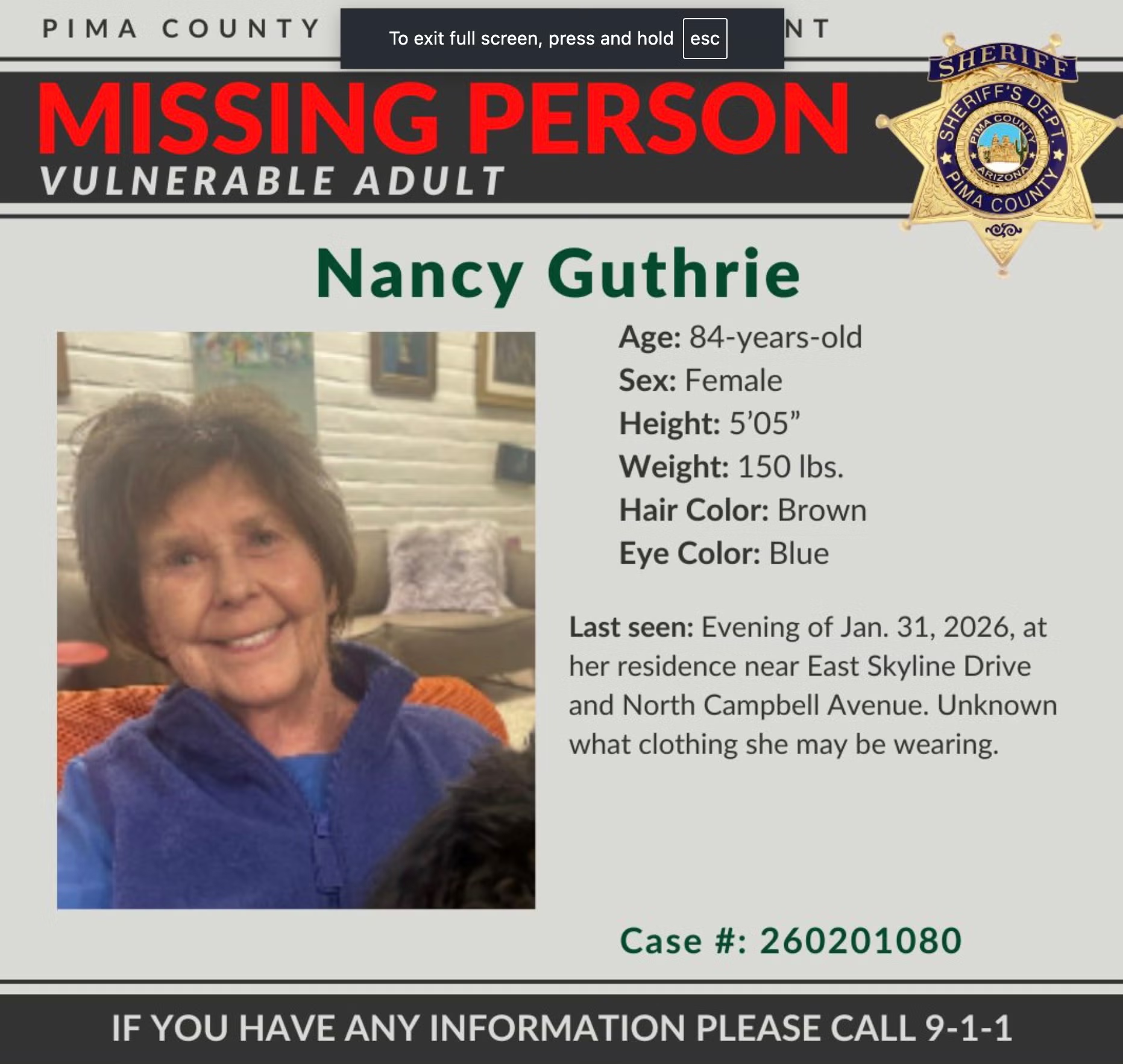In the early hours of Sunday morning, Macon, Georgia, was rocked by one of the deadliest acts of violence in its recent history. The mass shooting that unfolded inside the Midtown Daiquiri Bar and Grill, located at 4376 Log Cabin Drive, has left an indelible scar on the community, claiming the lives of three young men and injuring six others. According to Bibb County Coroner Leon Jones, the victims who lost their lives have been identified as Javonta Faulks, aged 32, Jedarrius Meadows Jr., 28, and Javarsia Meadows, 24. These names now join a somber roll call of tragedy and loss that is becoming disturbingly frequent in the region.
The events of that night began to unfold shortly after midnight. Around 12:00 a.m., Bibb County emergency services began receiving a barrage of 911 calls, each one painting a picture of escalating chaos. Within moments, officers and paramedics were dispatched to the scene, arriving to find what one responder later described as “a war zone.” Nine individuals had been shot. Among them, three succumbed to their injuries and were pronounced dead by approximately 1:10 a.m. The remaining six were rushed to Atrium Health Navicent, the region’s primary trauma center, for emergency medical care. As of now, the specific conditions of the injured victims have not been made public, leaving families and friends in anxious anticipation.
The identities of the deceased have deepened the impact of the tragedy, especially as it became clear that two of the victims, Jedarrius Meadows Jr. and Javarsia Meadows, were brothers. This familial connection adds another layer of devastation for a family and a community already grappling with heartbreak. Javonta Faulks, also a Macon resident, was known among his peers and relatives as a man of resilience and loyalty. All three were young, Black men whose lives were interwoven with the broader fabric of Macon’s cultural and social life. Their deaths have sparked a wave of grief that extends well beyond their immediate circles.
The shooting at Midtown Daiquiri Bar and Grill is not an isolated incident but rather a grim punctuation in an increasingly violent year for Macon. Coroner Leon Jones has confirmed that this incident brings the number of homicides in the city to five in just one week, across three separate events. Prior to this recent surge, only four fatal shootings had been recorded in Macon throughout all of 2025. This sudden spike in violence has alarmed residents and prompted calls for immediate action from community leaders, law enforcement agencies, and public officials.
The location of the shooting, Midtown Daiquiri Bar and Grill, is situated in a commercial corridor that has been both a social hub and, increasingly, a hotspot for nighttime disturbances. Over the past few years, concerns have mounted regarding security and regulation in and around nightlife establishments in the area. While the specific circumstances that led to the violence inside or near the Midtown Daiquiri Bar remain under investigation, community members are raising pressing questions about oversight, preventative policing, and the effectiveness of existing safety protocols.
Authorities have been cautious in releasing details about the incident. As of now, no suspects have been publicly identified or taken into custody. The Bibb County Sheriff’s Office is actively investigating the case, working to piece together the events that led to the mass shooting. Investigators are analyzing surveillance footage, interviewing witnesses, and pursuing leads in what they describe as a complex and rapidly developing case. The community has been urged to come forward with any information that might assist law enforcement. Tips can be submitted to the Bibb County Sheriff’s Office or anonymously to Macon Regional Crimestoppers.
This tragedy has sparked intense reflection among residents, many of whom are expressing frustration, fear, and sorrow. For the families of Javonta Faulks, Jedarrius Meadows Jr., and Javarsia Meadows, the pain is raw and immeasurable. Friends and loved ones have begun sharing memories and tributes on social media, painting vivid pictures of who these men were. Javonta, known for his warm demeanor and work ethic, was a devoted father and community volunteer. Jedarrius, the elder of the Meadows brothers, was a budding entrepreneur who had recently launched a small car detailing business. Javarsia, just 24 years old, was pursuing certification in HVAC services and had dreams of starting his own company.
Beyond their personal accomplishments, what stands out in the tributes is the depth of connection these men had with others. They were not anonymous figures; they were sons, brothers, friends, and mentors. Their loss is being felt in schools, churches, workplaces, and street corners throughout Macon. Candlelight vigils are being organized, and community leaders have called for a weekend of mourning and reflection. Churches across the city are planning joint services to address the crisis of violence and to offer support to the grieving.
Historically, Macon has struggled with fluctuating rates of violent crime. While the city has made strides in urban development, education, and economic revitalization, systemic issues such as poverty, limited access to mental health resources, and strained police-community relations have created underlying vulnerabilities. The escalation in gun-related incidents underscores the urgent need for a multifaceted response.
Experts in criminology and urban sociology have noted that mass shootings in bar and nightlife settings often result from a combination of factors including alcohol consumption, disputes escalating without de-escalation protocols, and the easy availability of firearms. In Georgia, state laws regarding gun possession and concealed carry allow for relatively liberal gun ownership, which some critics argue contributes to the frequency and deadliness of such altercations.
The political response to the tragedy is already taking shape. Local officials, including Mayor Lester Miller and Sheriff David Davis, have expressed condolences and pledged renewed commitment to public safety. However, there are calls for more concrete policy initiatives. These include increased funding for community policing efforts, investments in conflict resolution programs, and stricter enforcement of liquor licensing requirements for establishments with a history of violence or non-compliance.
The deaths of Javonta Faulks, Jedarrius Meadows Jr., and Javarsia Meadows have become a rallying point for advocates seeking change. Their names are being invoked in town halls and on the steps of government buildings. Activists are demanding not only justice for the victims but a transformation of the conditions that make such tragedies possible. Grassroots organizations, some of which were formed in response to previous incidents, are mobilizing volunteers, organizing marches, and calling for unity.
Media coverage of the event has also sparked a national conversation. While mass shootings often dominate headlines when they occur in suburban or affluent communities, incidents in predominantly Black, lower-income areas like parts of Macon receive comparatively less sustained attention. Advocacy groups are challenging this discrepancy, insisting that the loss of life in Macon be treated with the same urgency and compassion as similar events elsewhere.
Amid the chaos and mourning, the city’s residents are showing resilience. Local businesses have begun raising funds for the victims’ families, offering free services, and donating proceeds to cover funeral expenses. Schools have brought in grief counselors, and youth centers are holding forums to help young people process the event. Social media campaigns using hashtags like #MaconStrong and #RememberJavontaJedarriusJavarsia are gaining traction, creating digital spaces for collective healing.
As investigators continue their work and families begin the painful process of burying their loved ones, Macon finds itself at a crossroads. The road ahead will require more than just reactive measures. It will demand vision, compassion, and commitment from every sector of society—from law enforcement and city government to faith-based groups and everyday citizens.
The names Javonta Faulks, Jedarrius Meadows Jr., and Javarsia Meadows will not be forgotten. They are now part of Macon’s narrative, a reminder of both the fragility of life and the enduring power of community. Their stories, cut tragically short, serve as a wake-up call to confront the conditions that allowed such violence to erupt. The outpouring of support, the calls for reform, and the collective mourning are all signs that even in the darkest of times, the human spirit persists in seeking justice and peace.
In the coming weeks, as more details emerge and the full picture of that night becomes clearer, Macon will continue to grieve. But it will also, undoubtedly, strive to rebuild. Through remembrance, action, and unity, the city can honor the memories of those it has lost and move toward a future where such tragedies become relics of a painful past, not recurring headlines of the present.




